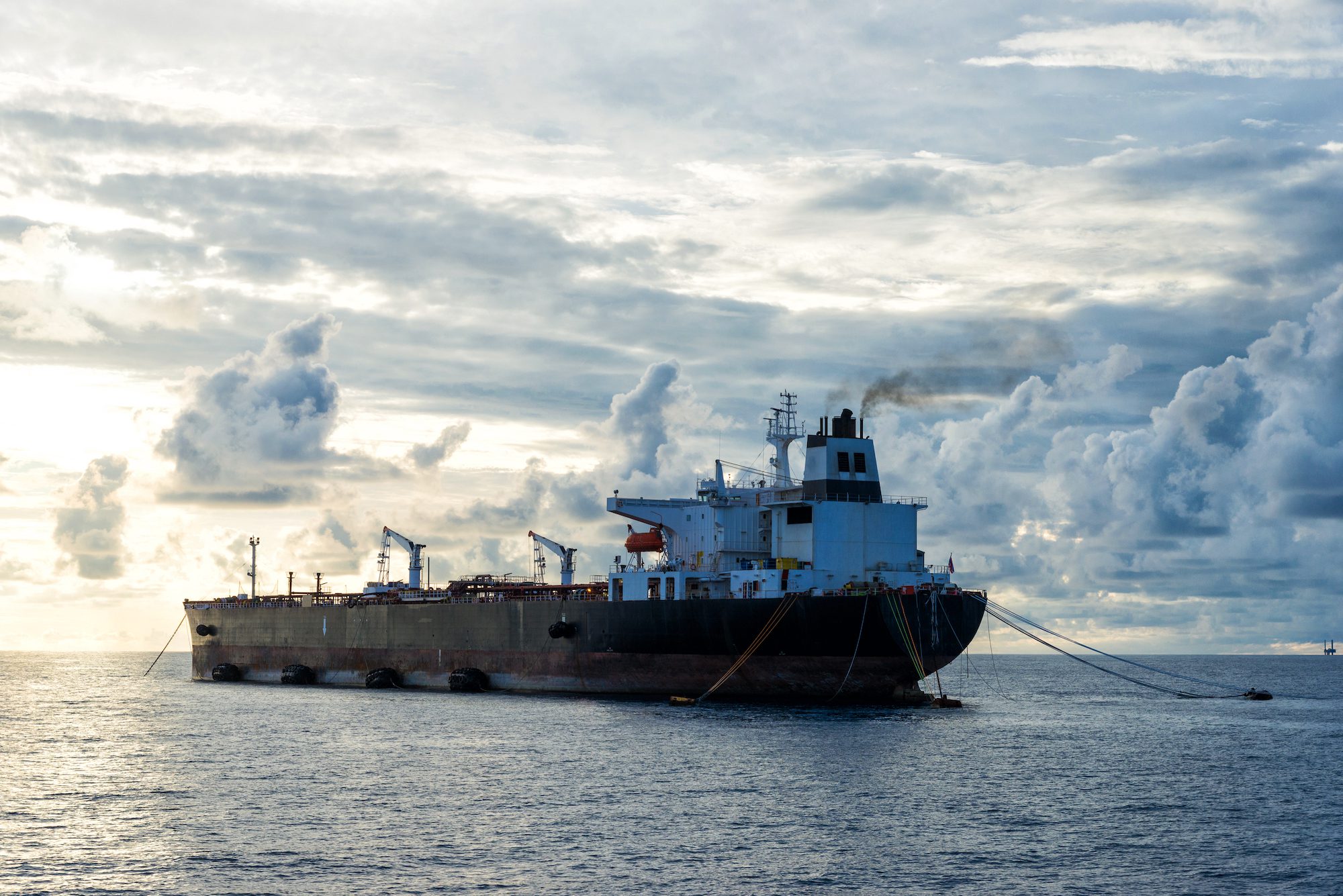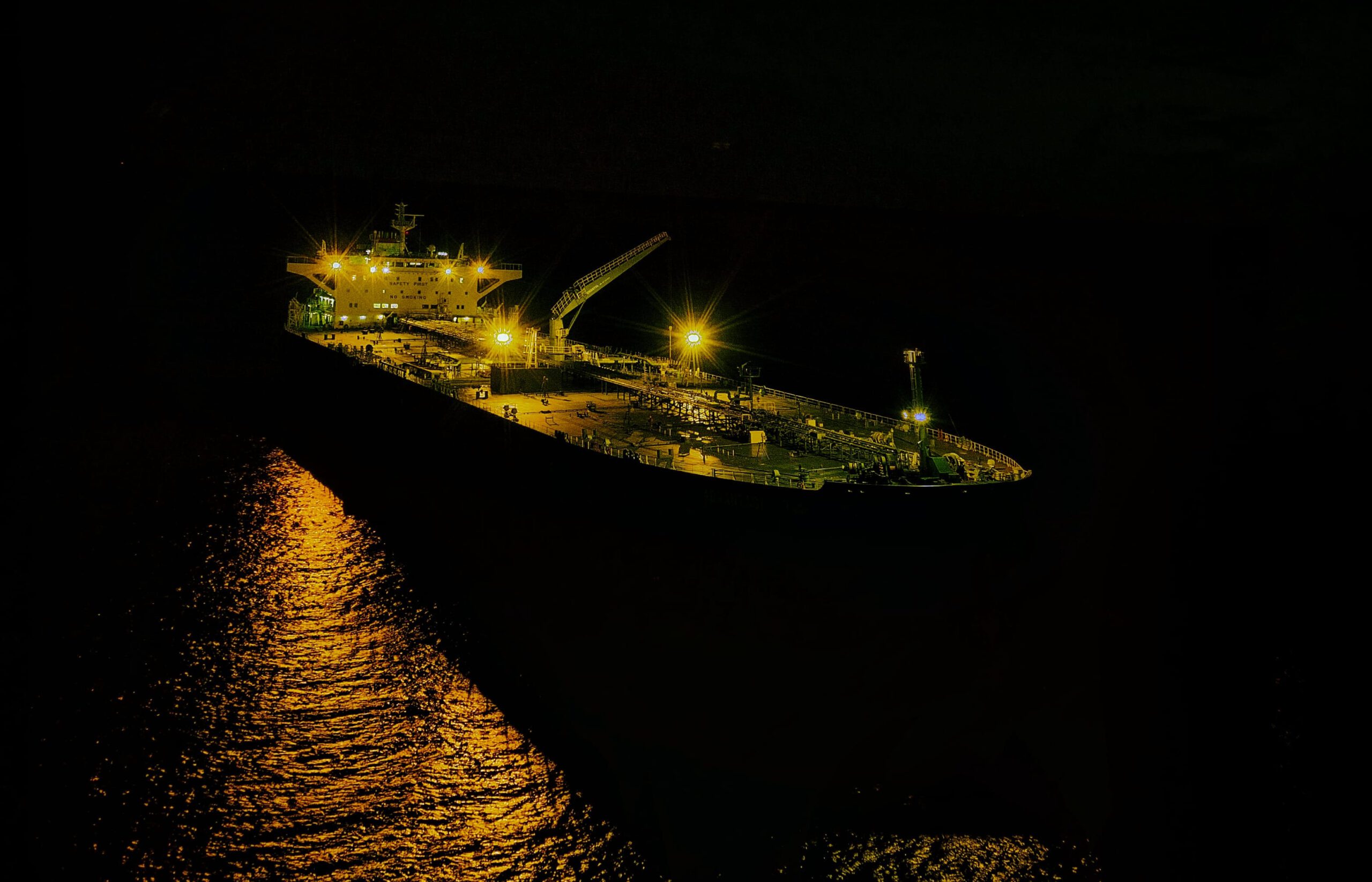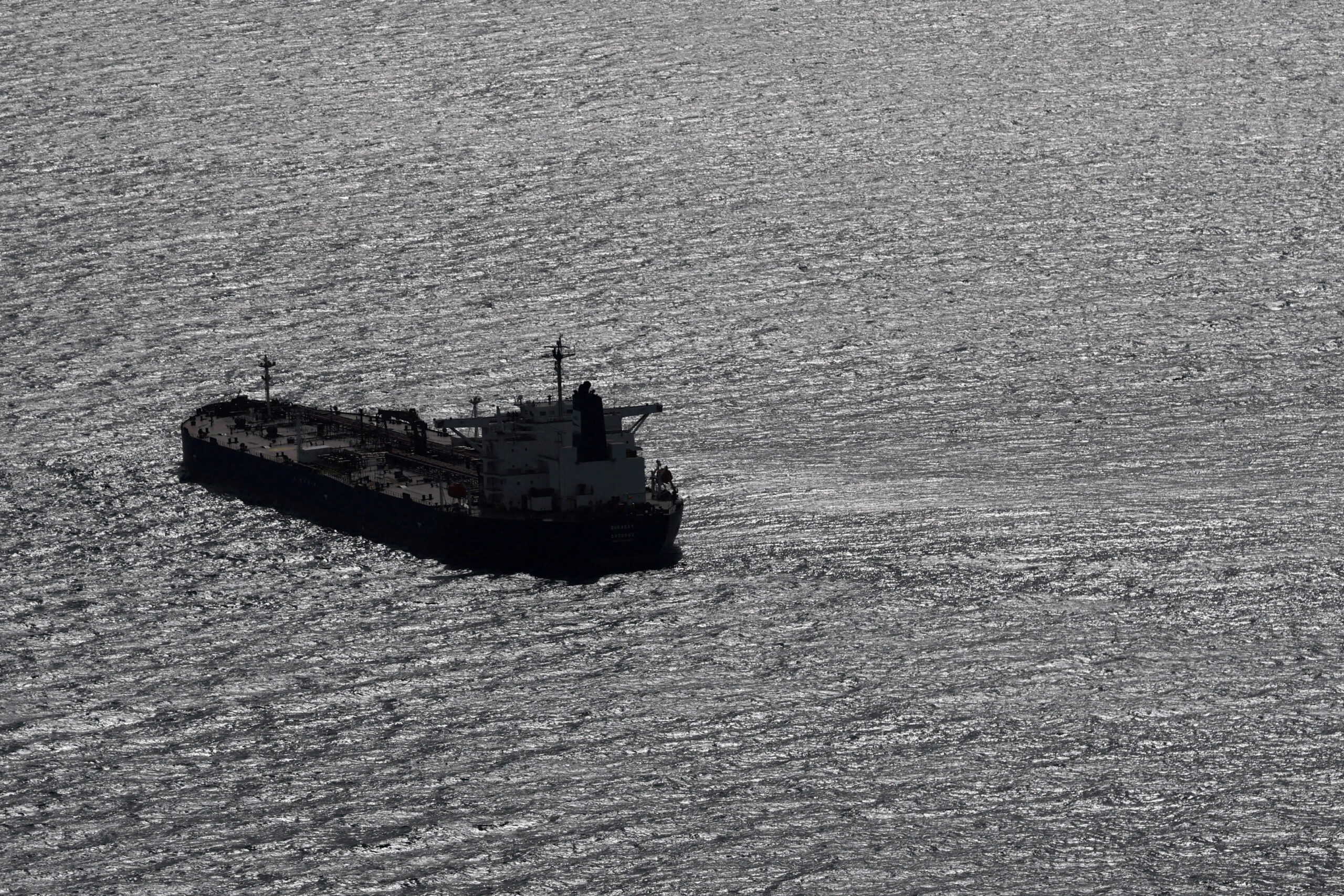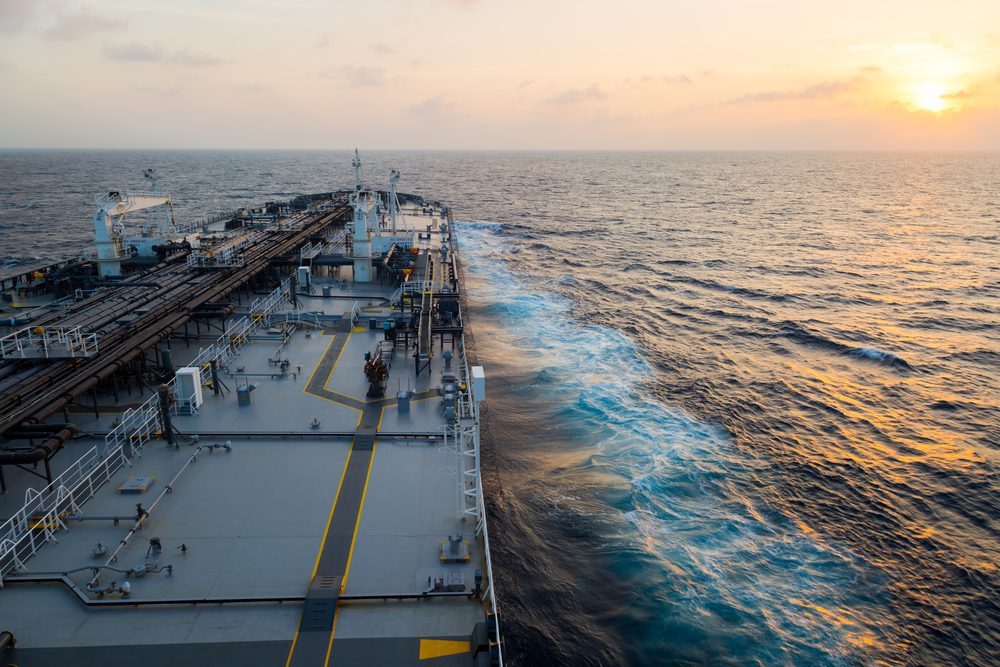(Bloomberg) —
Russia’s efforts to bolster its so-called shadow fleet of oil tankers in the first half of this year helped to offset the impact of Western sanctions, according to the KSE Institute.
Some 74 new vessels started carrying Russian crude in the period, having not done so last year, the institute said in a report. That’s more than the 49 tankers that have been sanctioned. The additional ships help to explain why discounts for Russian oil haven’t been widening, it said.
The KSE Institute is part of the Kyiv School of Economics and a supporter of tough sanctions on Moscow.
Russia assembled a vast fleet of ships to help carry its oil to customers in the wake of sanctions imposed following its invasion of Ukraine. The US, UK and European Union have variously sanctioned some vessels within that fleet in recent months, while the global shipping watchdog has also voiced concern about its growth.
“Altogether, the shadow fleet’s potential deadweight tonnage has remained largely unchanged,” the institute said. “The absence of capacity constraints explains why the discount on Russian oil prices has not risen in recent months and export earnings have been robust.”
The average export price of Russian oil was about $12.50 below the Dated Brent benchmark last week, according to Argus Media Ltd. data. That’s the smallest since October.
There was a similar trend for ships hauling refined fuels, according to the KSE report. More than 100 new ships that didn’t haul Russian oil in 2023 did so in the first half of this year, far more than the number sanctioned.
© 2024 Bloomberg L.P.
Editorial Standards · Corrections · About gCaptain
This article contains reporting from Bloomberg, published under license.

 Join The Club
Join The Club











